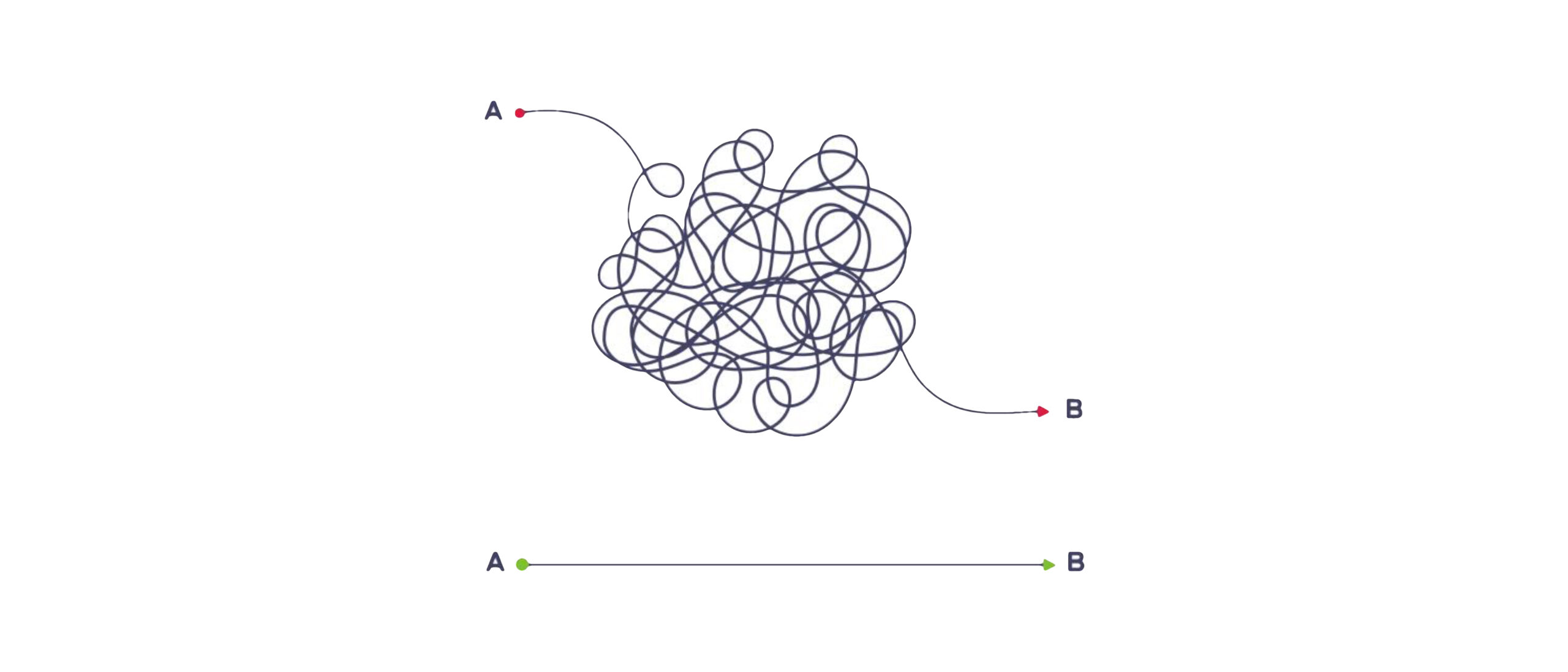
I was introduced to scenario planning in 2007, I was fascinated and… didn’t buy it – too good to be true. It was a tool that prepared organisations for the future. It struck me that despite an increased interest in scenario planning and its applicability, little empirical research had been done on the specific dynamics around its use. That was back then, and I don’t think it is much different now even though being strategic is the focus of managerial upbringing. I also had a beef with its claim: it changed mental models about the future. Knowing people, I just could not imagine how in a few days, the way they thought would just… change… for the better. That was until I participated in a scenario planning workshop. It changed my thinking, I wrote my master thesis about it, published it, and after 15+ years – finally understood how scenarios actually changed mental models.
The secret is that we all have this future thinking in the back of our minds, and scenario planning has honed a process that gets it to the forefront. It opens the mind and helps it turn off the natural tendency to assume tomorrow is going to be the same as today. The objectives of scenario analysis are to induce a more forward looking strategy, incorporate complexity, engage stakeholders, generate commitment to the strategy and produce common action plans. And in this process, it prepares everyone’s mind for the future. You are being strategic!
Despite abundant evidence to the contrary, we tend to expect the future to be an extension of the past. Data-driven decision making is the buzzword of the last decade. This is what I am preaching day in and day out and I believe it to be an excellent operational principle. However, if you think about it – objectivity is based on data, facts, events, which by definition are in the past. Therefore, forecasting, trendlining, machine learning and a lot of the predictive tools we have in the data toolbox are extrapolating the past and betting the future will look very much like it. I like how my thesis supervisor – Rafael Ramirez – says scenario planning is not about being objective, but rather about being useful. It takes an effort to be comfortable with this statement.
The way to be at peace with this is understanding that operational is not the same as strategic. You need data-driven decision making to guide your operations, you need to be objective and focused. This is by no means your strategy. In strategy – fast paced industry, new competitors, complex contexts, moving pieces – extrapolating the past serves as a blankey to cover your head with. Due to the complex interrelationships between economic, social, and environmental factors, being strategic, growing in a sustainable and resilient way is ever more challenging. Therefore, we need different tools – like scenario planning – to help us be strategic. Scenario planning as a tool does not guess the future, it also does not say what needs to be done – it provides contexts. In essence, scenario planning opens up the minds of organisational actors and stakeholders to how the context where their decisions will play out may look in the short-, mid- and long-term. Additionally, it is built around engagement and consultation, which in turn strengthen commitment to the chosen strategy across stakeholders. Alignment between stakeholders removes a lot of the friction and pain of leading an organisation. Future methodologies also serve as a communication tool across partners, because they construct a common set of assumptions about the future (Huss, 1988).
Scenario planning exercises do not need to be always big and lengthy, or about big strategic questions – provided the principles of scenario planning are safeguarded, they can be used to aid decision-making anywhere. The core principles can be summarised like this:
As to what the process looks like, I like this summary in Mind Tools . I will get into the practicalities of the process in a different blogpost.
For one, it can make it bullet-proof. How agile are your teams? Can they shift nimbly to respond to market demands? Is your tech architecture resilient enough to allow your product to follow the customer? Scenarios make you agile and nimble, they nudge the minds to be more innovative. By positioning people in different contexts, they break barriers in their minds that arise because of context constraints. In other words, scenarios open conversations about opportunities that would otherwise be put in a backlog. Secondly, it can help you become more focused on the customer. It can help you align all your money-spending units towards a money-making goal. Revenue benefits from this increased coordination of initiatives and a proactive rather than reactive approach to the market. Finally, it can reduce the uncertainty about your market and your competitors. Less anxiety about the context and its unknowns and more confidence in one’s preparedness to face the future are common in the aftermath of a scenario exercise. Your teams will feel readier to face challenges, and even if these do not present themselves, you will have teams with minds wide open to sparks of inspiration about innovative services, products or operational solutions.